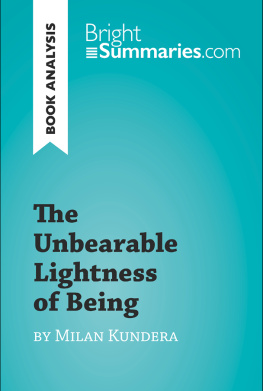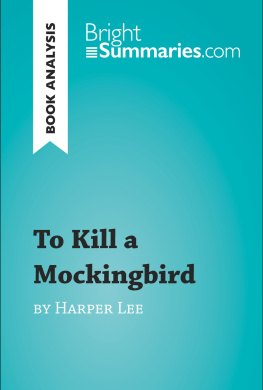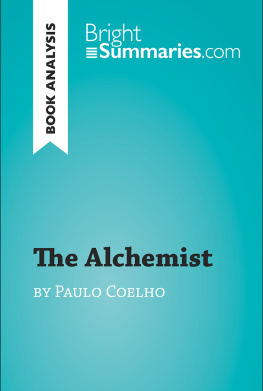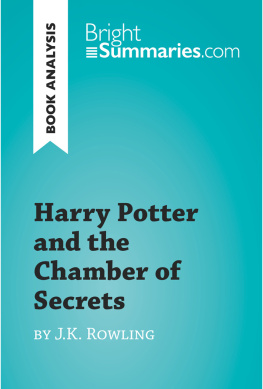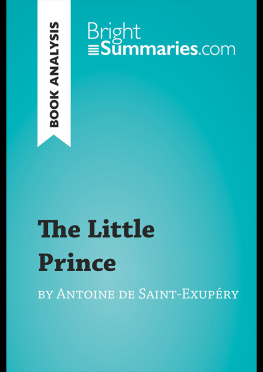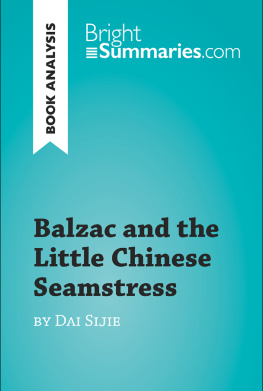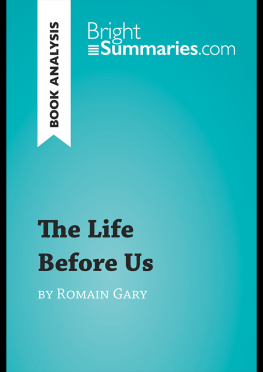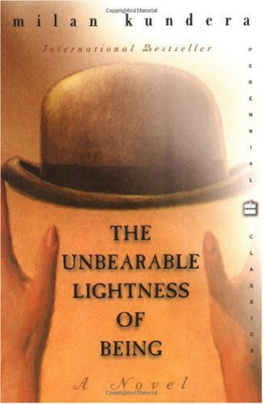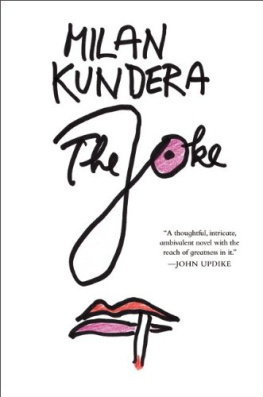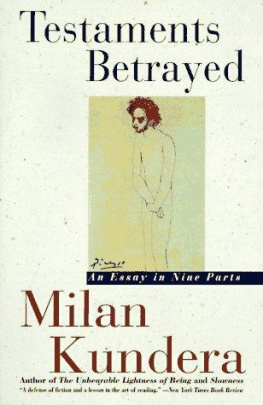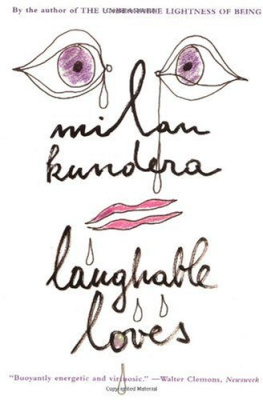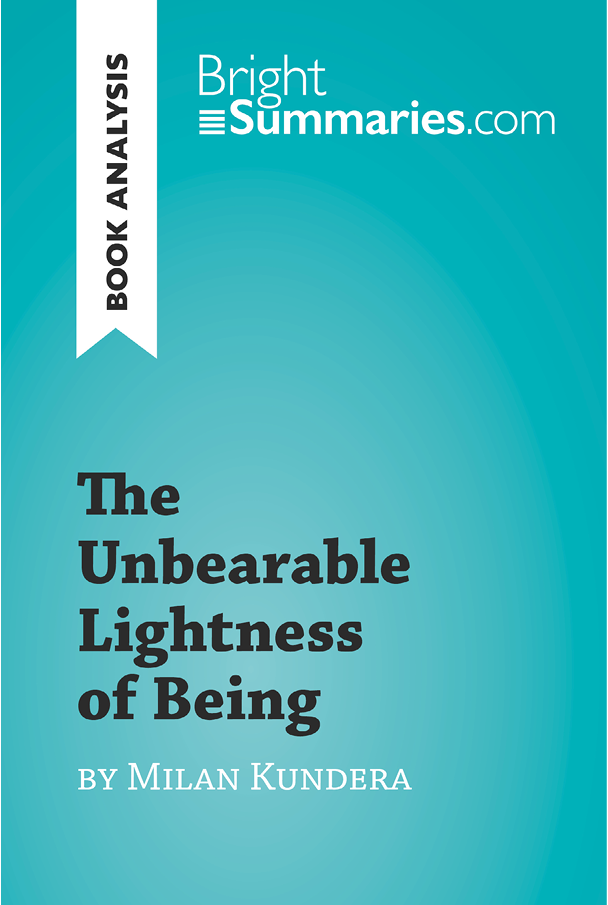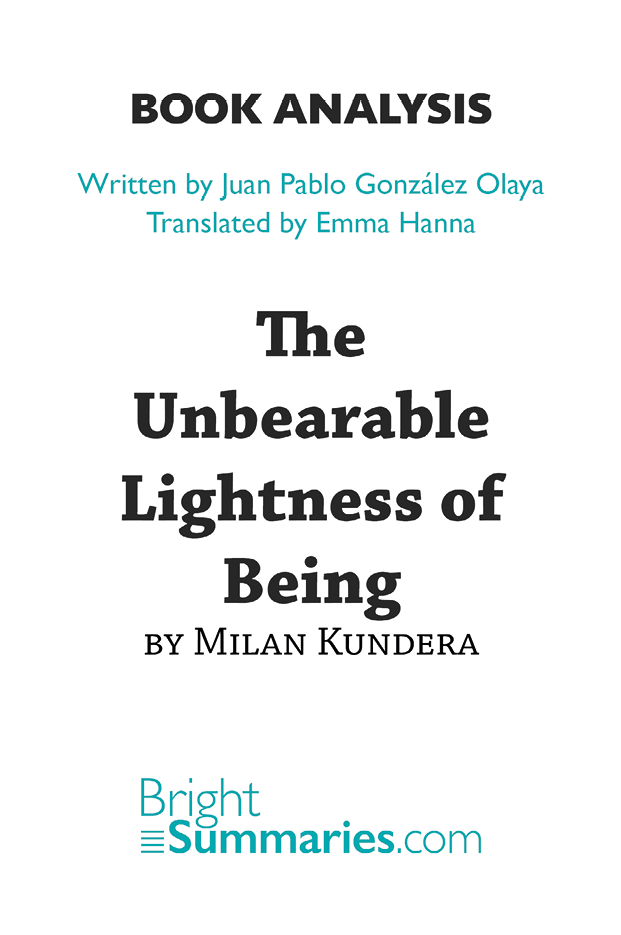MILAN KUNDERA
CZECH-BORN FRENCH WRITER
- Born in Brno (present-day Czech Republic) in 1929.
- Literary awards:
- Prix Mdicis tranger, 1973 (for Life is Elsewhere )
- Jerusalem Prize, 1985
- The Austrian State Prize for European Literature, 1987
- Herder Prize, 2000
- Prix mondial Cino Del Duca, 2009
- Notable works:
- Laughable Loves (1969), short story collection
- Ignorance (2000), novel
- The Festival of Insignificance (2013), novel
Milan Kundera was born in Czechoslovakia in 1929. His father was a prominent musician at that time, and passed his love of music on to the future writer, whom he also taught to play the piano. Kundera studied Musicology and Musical Composition before starting a degree in Literature and Aesthetics at Charles University in Prague. After two semesters, he transferred to the Film Faculty of the Academy of Performing Arts in Prague, where he later worked as a professor for several years.
When Czechoslovakia was invaded by the Soviet Union in 1968, he lost his job and his novels were banned. In 1975 he immigrated to France, where he worked as a lecturer at the University of Rennes and at the cole des hautes tudes in Paris.
Milan Kundera remains one of the most significant writers alive today, and is considered by critics and readers alike to be one of Europes most important novelists. His work has been translated into numerous languages, and his most recent novel, The Festival of Insignificance , was published in 2013. He is frequently rumoured to be in the running for the Nobel Prize in Literature, but has never received the award.
THE UNBEARABLE LIGHTNESS OF BEING
THE ETERNAL QUEST FOR THE MEANING OF LIFE
- Genre: philosophical novel
- Reference edition: Kundera, M. (2000) The Unbearable Lightness of Being . Trans. Heim, M. H. London: Faber & Faber.
- st edition: 1984
- Themes: the meaning of life, love, politics, eternal return
It is difficult to define the genre that The Unbearable Lightness of Being belongs to, as it consists of a fictional narrative interspersed with a great deal of philosophical reflection, in the tradition of authors such as Umberto Eco and Jorge Luis Borges. However, the novel is by no means a dense, incomprehensible treatise; on the contrary, its magic lies in the simplicity with which it explores complex themes such as love and the meaning of life. The Unbearable Lightness of Being tells the story of four characters whose lives become intertwined: Tomas, a Czech surgeon; Tereza, his wife and the love of his life; Sabina, his favourite mistress; and Franz, one of Sabinas lovers. Meanwhile, the Prague Spring is drawing to an end, and the Soviet invasion is threatening to destroy the liberal ideals which are flourishing in central Czechoslovakia. The invasion tears Tereza and Tomass lives apart, forcing them to confront their own moral weaknesses and to reflect on the way they want to live and love.
The novel draws the reader into a world in which history, political ideology, philosophical questions and eroticism blend seamlessly together, creating a supremely elegant work of fiction which is generally considered Kunderas masterpiece. In recent years, which have seen a resurgence of political extremism across the entire Western world, The Unbearable Lightness of Being has also experienced a similar surge in popularity. Like all great works of art, it possesses a timelessness which allows it to remain relevant and engaging for contemporary readers, even though the events of the novel are firmly rooted in a specific historical context.
Did you know?
The Soviet Union and the other members of the Warsaw Pact invaded Czechoslovakia in response to the Prague Spring. During this period, which lasted mere months (from January to August 1968), progressive amendments were made to many of the Soviet regimes totalitarian policies, including the introduction of press freedom, the right to strike and the right to form political parties. After the invasion, these liberal policies were abolished and any dissidents who opposed the return to totalitarianism were suppressed.
SUMMARY
EXILE
The story begins in Prague at the end of the 1960s. The narrator introduces the character of Tomas, a Czech doctor, divorcee and womanizer who has practically no contact with his parents or with his son from his failed marriage (he has agreed to pay child support, but refuses to see him or care about him). Tomas falls in love with Tereza, who has come to Prague to look for work, and they eventually marry. However, Tomas never gives up his philandering ways, because he thinks of love and sex as two completely separate concepts. His infidelity leaves Tereza sick with jealousy, and she begins suffering from nightmares as a result. However, she can never bring herself to leave her husband. They adopt a puppy called Karenin, and Tereza dotes on him.
The Soviet invasion comes as a shock to them both. Tereza devotes herself to creating a photographic record of the cruelties perpetrated during the invasion, and her work is highly praised when it is published. Unfortunately, the political climate becomes increasingly dangerous, and the couple are forced to leave Prague and settle in Switzerland, which is also where Sabina, Tomass favourite mistress, has chosen to emigrate. After a few months, Tereza can no longer bear living abroad and returns to Prague, leaving nothing but a letter explaining her reasons for going. Tomas is initially glad that he is now free to have as many affairs as he wants, but he soon realises that he is meant to be with Tereza and decides to return to Prague so that they can be together. However, he regrets this decision once he arrives: the noise made by the invading airplanes leaves him unable to sleep, and he muses that his relationship with Tereza is little more than the result of a series of coincidences that brought them together.
Meanwhile, another romance is blossoming in Geneva, where Sabina, who is a talented painter and a sexually liberated woman, has embarked on an affair with Franz, an academic who is finding married life unsatisfying. However, it soon becomes clear that Sabina and Franz have very little in common: they have different tastes and political beliefs, and on a number of occasions they even struggle to keep a conversation going. Even so, Franz decides to leave his wife Marie-Claude for Sabina after an argument at a party. He admits that he has been unfaithful to her and that he is moving out to live with his lover, thinking that he will be able to live with Sabina. However, she feels overwhelmed and abandons him the next day without warning. While Sabina reflects on the series of betrayals that have defined her life since she was very young and wonders what kind of consequences could await her if she continues to live this way, Franz realises that he is content without a wife and starts an affair with one of his students.
Years later, Sabina is still living in exile in Paris when she receives a letter from Tomass son, who is writing to her because he thinks that she is a good friend of his fathers, informing her that Tomas and Tereza have been killed in a car accident.

